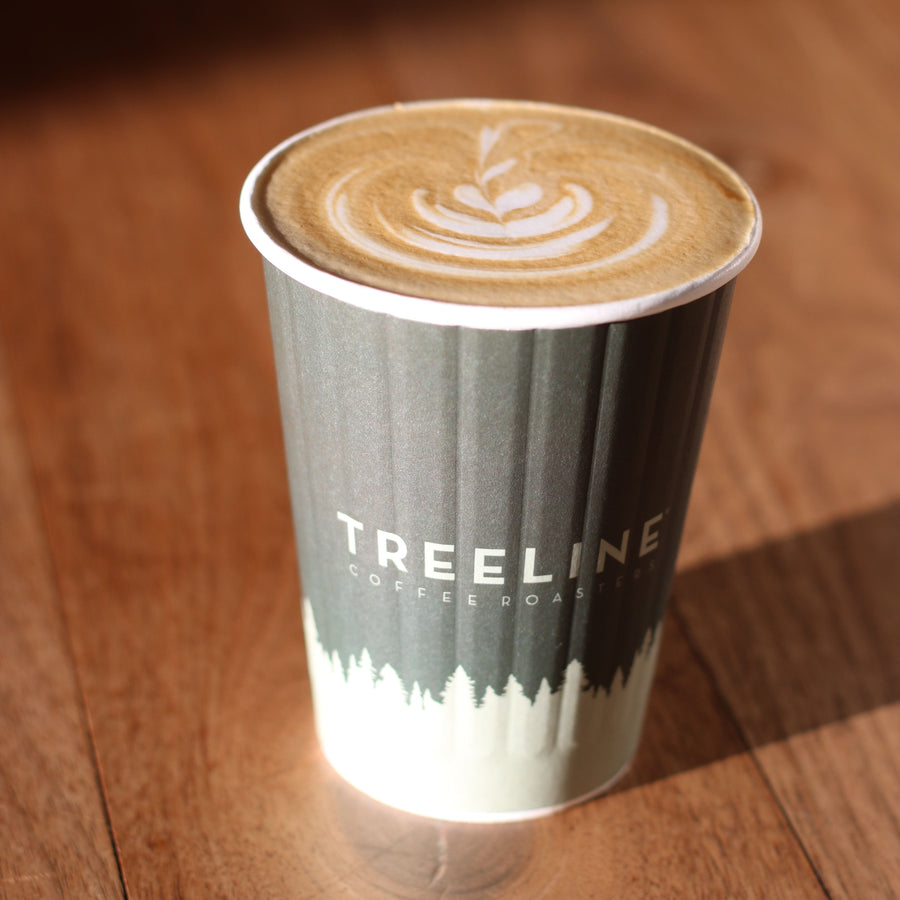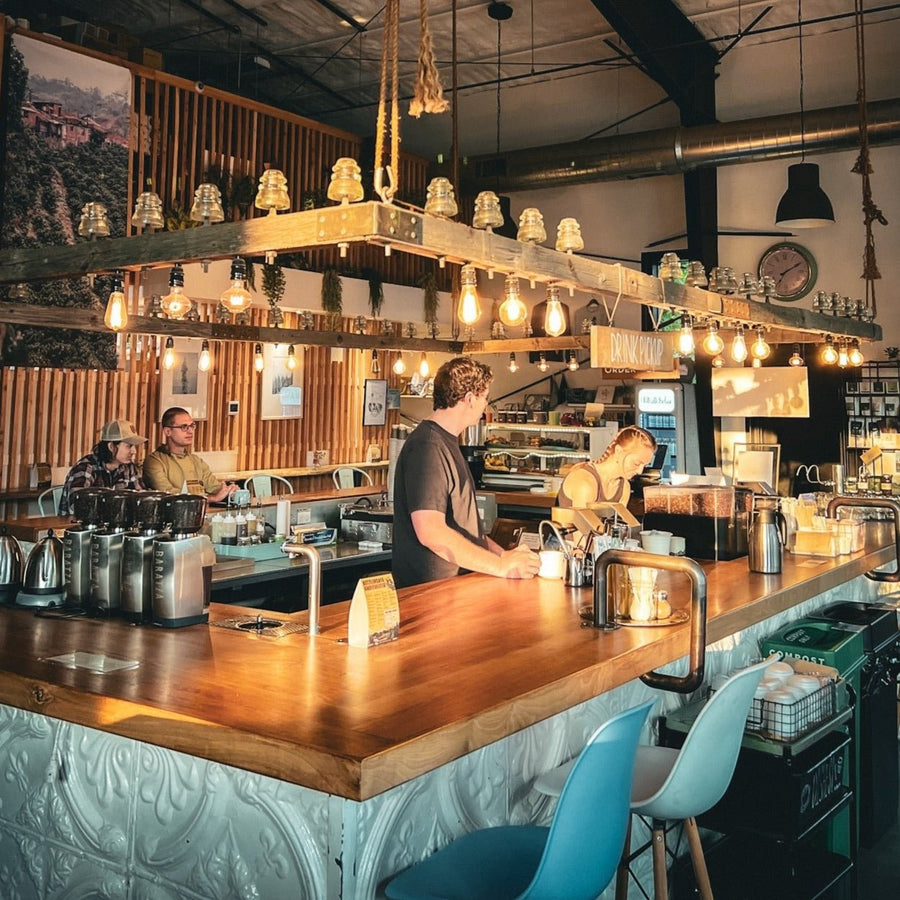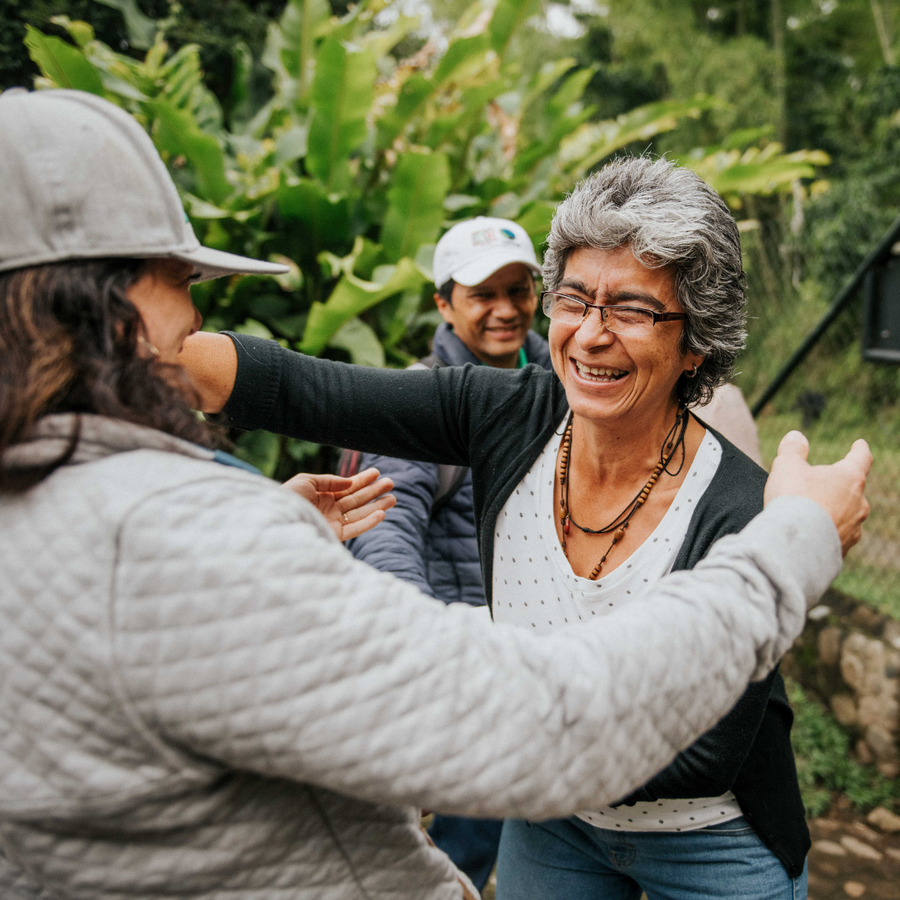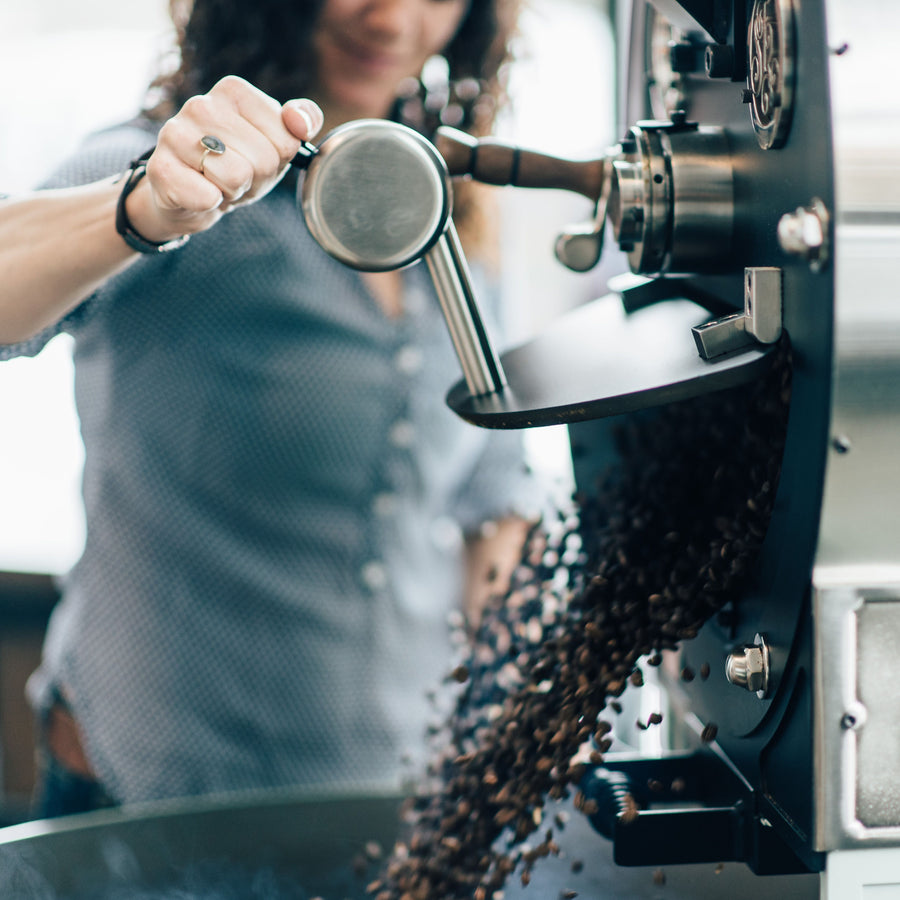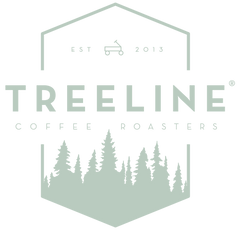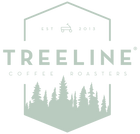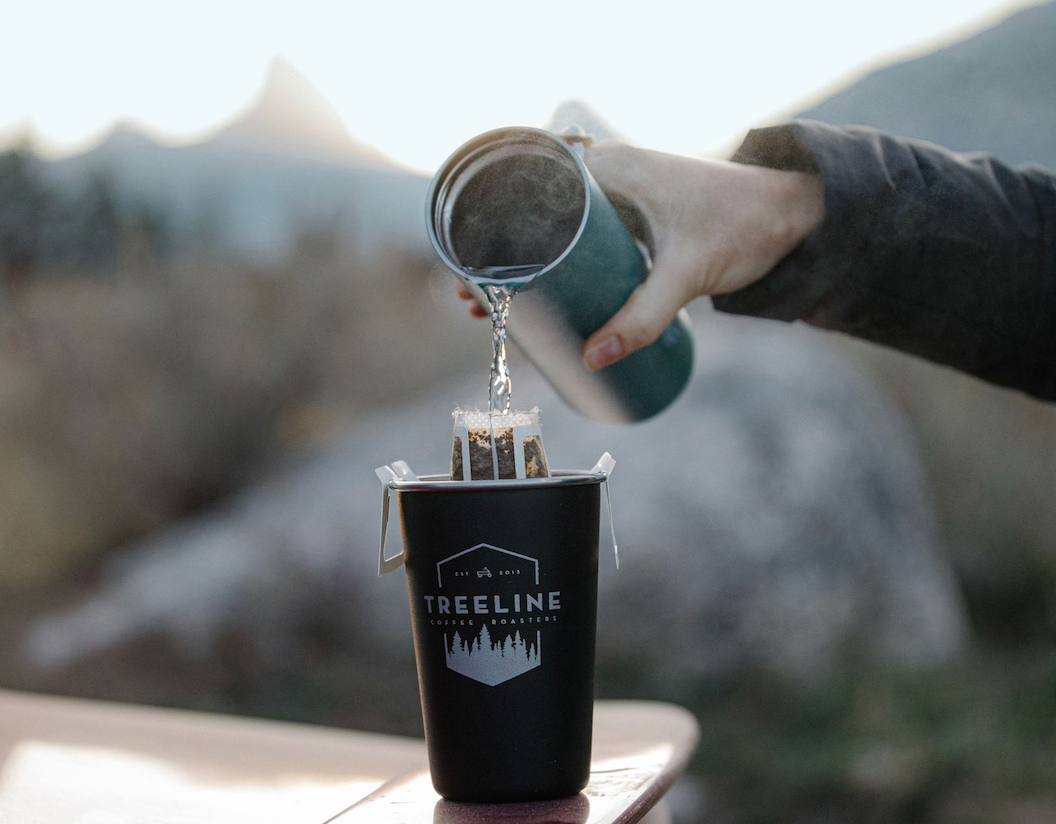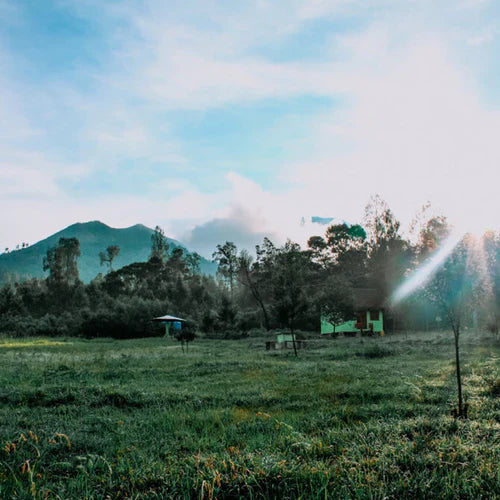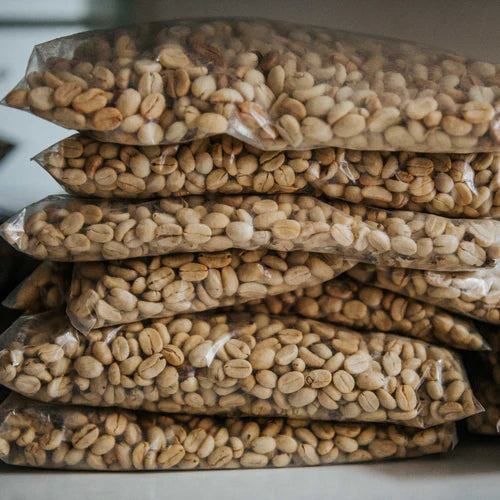Q&A With JNP Coffee
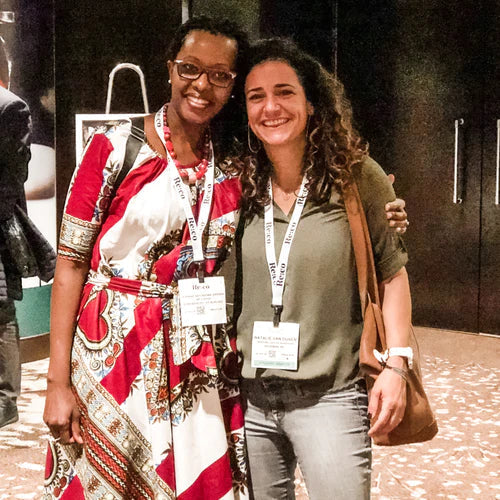
How did you get into coffee importing?
I first got into coffee through a relative of mine who was processing coffee in Burundi and needed my help to find markets. Those initial years working with him led me to realize that we needed to start a business producing coffee, exporting out of Burundi, and importing not only into the United States but around the world. We want customers around the globe to discover this exceptional coffee produced from a country in East Africa the size of the state of Maryland, unknown to most coffee drinkers.
Tell us a bit about JNP Coffee and what makes you unique.
I am from Burundi. I was inspired by the opportunities that coffee creates to encourage trade, fight poverty and, most importantly, empower women farmers.
What makes JNP Coffee unique is that we are always looking for ways to make a difference with coffee: Training farmers to achieve high-quality production, giving them second payments for this premium product, and bringing education to women and youth in coffee-growing communities. Before I entered the coffee market, I was already involved with an NGO I founded: Burundi Friends International. BFI’s mission is to unite and educate youth, women, and men in Burundi to generate economic empowerment and build self-sustaining communities. The work with JNP Coffee was to some extent an expansion of that mission.
What types of social and environmental commitments do you have?
Building community. And that starts with supporting the foundation of any family, it's women!
Because coffee is a cash crop, we see it as another business that women can undertake to bridge the income gap between seasons. We train farmers and promote best practices, from initial planting and harvesting to cherry processing methods. We are now spearheading an environmental program so that all water used after fermentation can be cleaned before releasing it into the rivers.
What’s your fave coffee to drink?
No surprise here, as I have to say Burundi coffee. I drink other coffees from around the world but always go back to Burundi coffee. According to my husband, who has traveled this coffee journey together with me, you are the best roaster in America.
What’s one thing you’d love coffee drinkers to know about coffee producers or importers?
Coffee, much like wine, has gradations of quality. You can find cheap wine of lower quality, and you can find expensive wine that wins critical acclaim. Coffee is the same. Coffee from JNP Coffee is exceptionally good and hard to find unless you are a coffee enthusiast or connoisseur. Our coffee is also distinctive because it makes a difference in the world. We just don’t stop at quality. We are driven by the impact we can create in the communities where we source our coffees.
If you had to choose, what is the one thing you wish people knew more about coffee growing?
-
The temperate climate, high elevation, cool nights, and mornings help to produce great Bourbon coffees.
-
Global warming poses a threat to coffee production. I invite everyone to consider what you can do to help this issue.
What was it that made you want to work with Treeline originally?
I was initially attracted by the fact that you are women-owned coffee roasters. At the SCA Expo a few years ago, I saw a struggling pregnant woman working hard to get her business off the ground. I’ve been there myself, so I wanted to lend her a hand. I reached out to your company and we immediately connected. I knew your roast would be amazing because I could see the passion and love you put into that coffee you roasted and introduced to the world.



